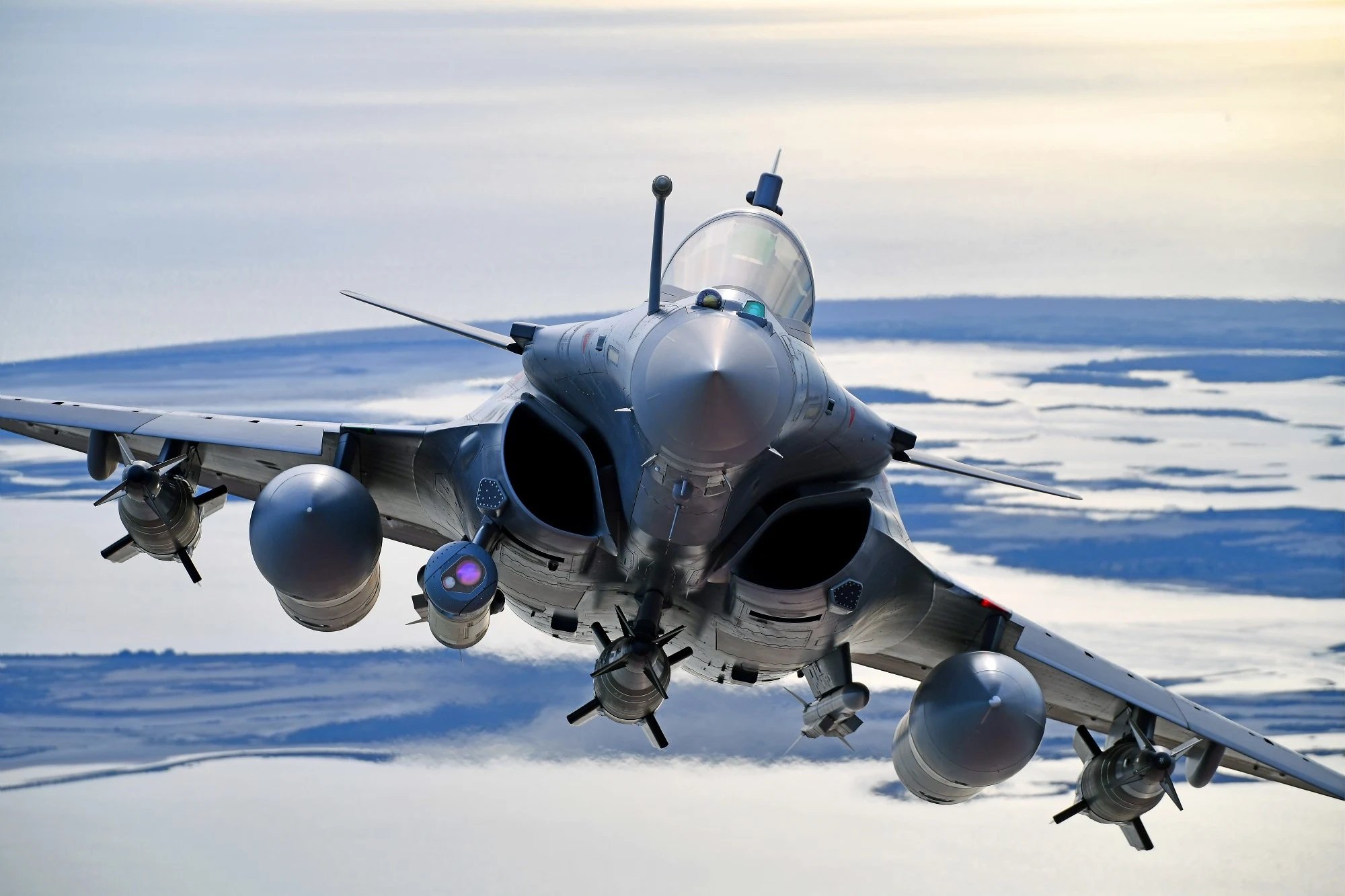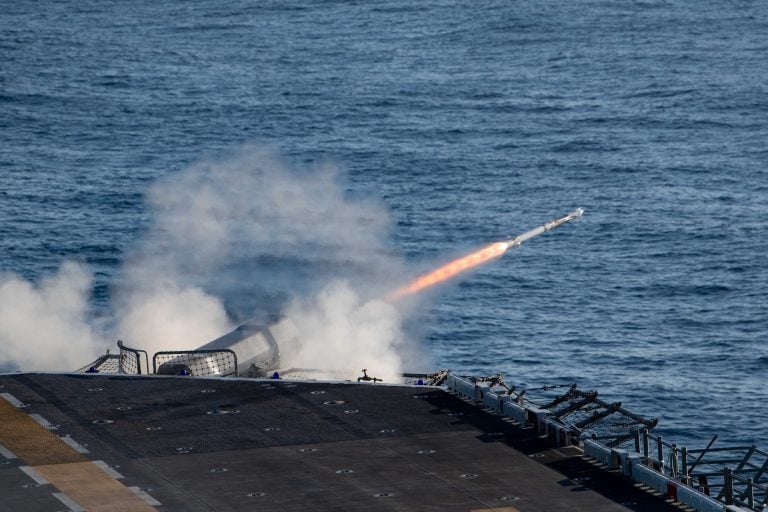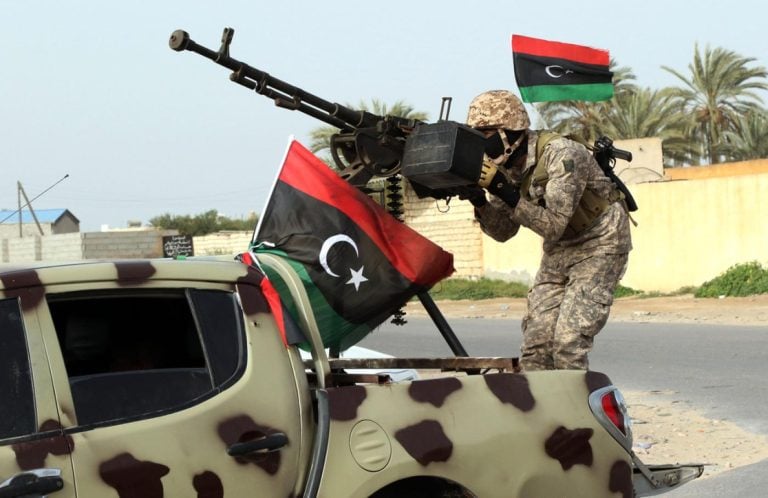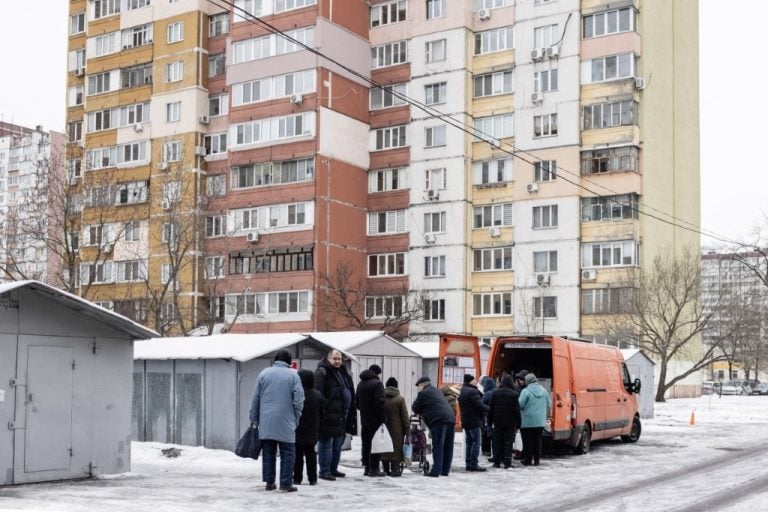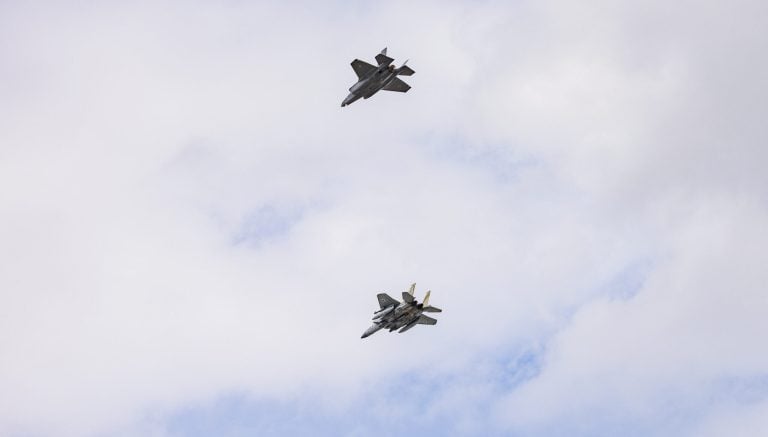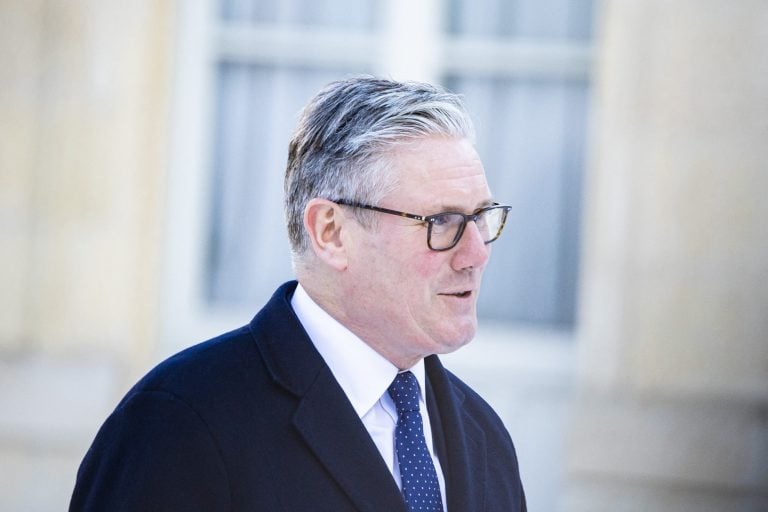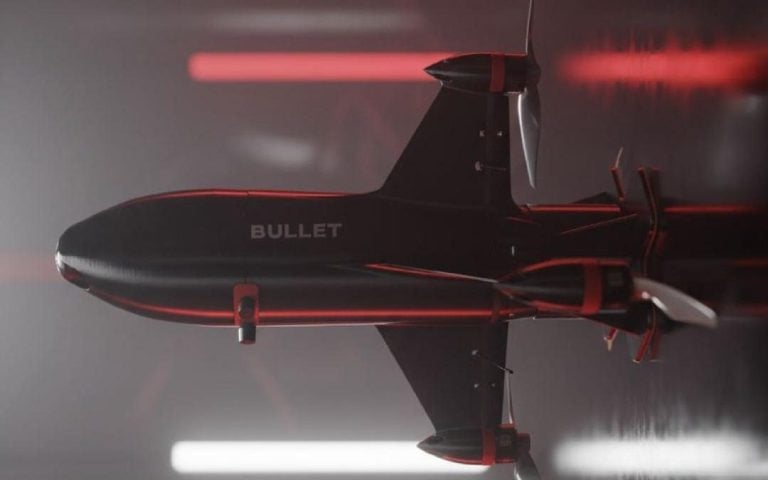Croatia has successfully received its twelfth Rafale combat aircraft from the French manufacturer Dassault, marking the completion of a significant 2021 sale. The final aircraft landed at Franjo Tuđman Airport in Zagreb, exactly one year after the initial six were handed over to the Croatian Air Force. This delivery is an important milestone for the Air Force, as all twelve Rafale fighters are set to replace the aging MiG-21 supersonic jets that have been in service since 1991.
Defense Minister Ivan Anušić remarked on the transformative impact of this project, stating that the integration of the Rafale jets represents not only an enhancement in military capability but also a strong commitment to safeguarding the security of Croatian citizens. “This squadron is not just about military capability,” he emphasized.
As part of a broader modernization initiative, the Croatian government is investing around three billion euros into upgrading the armed forces. The country has set a target to allocate 2% of its GDP to defense by 2025, with ambitions to increase that figure to 2.5% by 2027, and ultimately strive for 3% in the coming years.
In addition to the Rafale purchase, Croatia’s modernization efforts include a recent $95-million deal for drones with Turkish company Bayraktar, as well as the commissioning of a new Omiš-class coastal patrol ship for the Croatian Navy earlier this year.
The Dassault Rafale itself is a versatile twin-engine combat aircraft capable of performing a wide range of missions, including air superiority, interdiction, and aerial reconnaissance. It boasts an impressive climb rate of 60,000 feet per minute and can reach speeds of up to Mach 1. With a combat range of 1,150 miles, the Rafale can be equipped with various armaments, including air-to-air and air-to-surface missiles, and even hypersonic nuclear missiles for deterrent purposes.
This acquisition signifies a pivotal shift in Croatia’s defense strategy, aligning its military capabilities with modern threats and ensuring a robust response to national security challenges.
